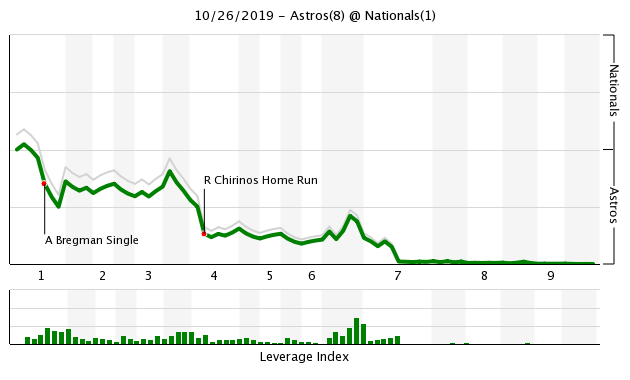Braves Ask Markakis to Step Back, Flowers to Step Forward
After breaking a four-year mini-drought of division titles by winning the National League East in 2018, the Atlanta Braves have been hesitant to make any long-term commitments to improve their roster. Their biggest signing of last winter, Josh Donaldson, was brought in on a one-year deal. They replaced starting catcher Kurt Suzuki with Brian McCann, who also signed on a one-year deal. By the time they brought in Dallas Keuchel, the contract covered less than four months of baseball, and when they made upgrades at the 2019 trade deadline, they did so by adding a pair of relievers with a year and a half of team control left. So far, it’s hard to say the plan hasn’t worked — they added seven wins in 2019 — but there’s little doubt Braves fans will be looking for more serious investments this winter. The free agency period is less than 24 hours old, so there’s plenty of time for Atlanta to make those bigger moves in the coming weeks and months. On Day 1, however, the team stuck with the same plan of short-term roster maintenance.
The Braves signed both outfielder Nick Markakis and catcher Tyler Flowers to one-year, $4 million contracts on Monday. Each move carried with it some payroll trickery; Markakis and Flowers each had $6 million options for 2020, but Atlanta declined them in favor of paying $2 million buyouts to each. Both players still make $6 million in 2020, but the Braves can direct the $4 million in buyouts onto their 2019 payroll, according to MLB.com’s Mark Bowman. Atlanta also declined a $12 million club option to Julio Teheran — who hasn’t reached an agreement to remain with the team — and issued a $17.8 million qualifying offer to Donaldson.
The two signings are identical in length and value, but could come with different expectations for each player. Markakis turns 36 in a couple of weeks. This is the third-straight contract he’s signed with Atlanta. The first came before 2015, a four-year commitment worth $44 million. That deal was something of a dud for the first three years, but in 2018, he turned in his best season in years. He hit .297/.366/.440, with a 115 wRC+ and 2.6 WAR that made him a pleasant surprise for the resurgent Braves. It was his most valuable season since 2008 and his best offensive season since 2012, and was enticing enough for Atlanta to bet $4 million that he would continue to hit well enough to merit a starting corner outfield spot on a contending team.
Instead, Markakis looked like, well, a 35-year-old version of Markakis. His wRC+ dipped to 102, his already-mediocre defense took an extra step back, and he missed six weeks with a wrist injury, culminating in a career-low 0.4 WAR in 116 games. His walk and strikeout rates remained excellent, but his power slid backwards, as did his batted ball luck. The biggest decline came in his performance against lefties. An up-and-down performer in the split throughout his career, he went from a 104 wRC+ against southpaws in 2018 to a 71 this year. His success against righties dropped as well, but only from a 120 wRC+ to 112. There’s some good news in Markarkis’ underlying data — his average exit velocity (91.2 mph) and xwOBA (.349) were both his best marks posted in the Statcast era — but his low launch angle and expected slugging marks put a limit on just how dangerous he can be with his bat, which is clearly the only thing keeping him employed at this age. Read the rest of this entry »

